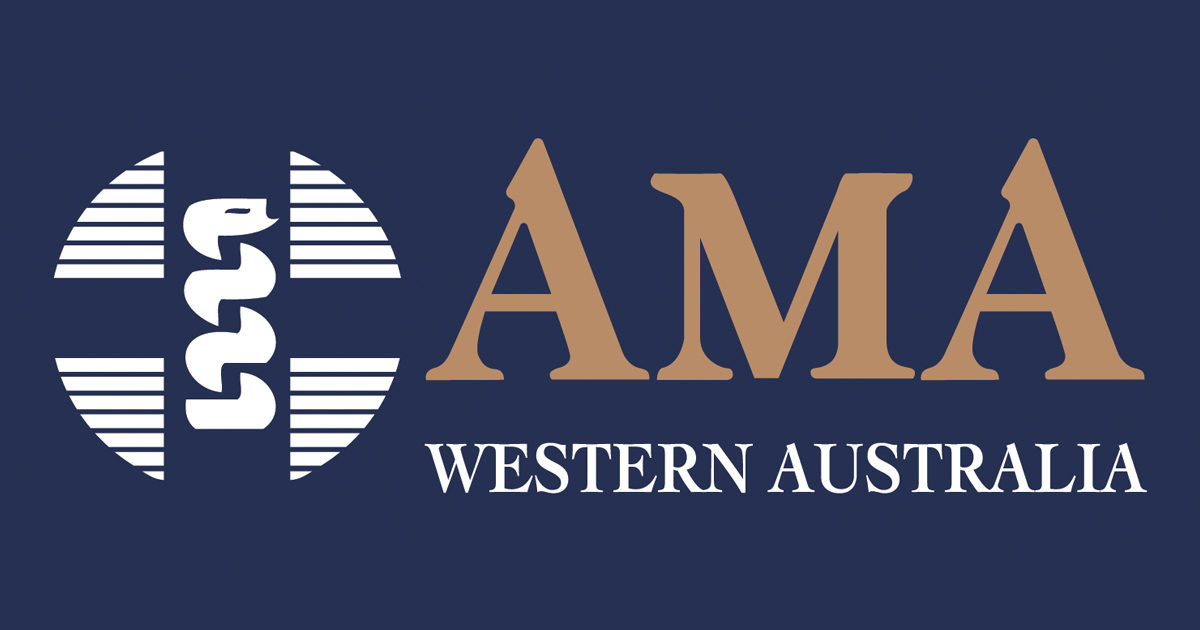The 2022 report of the MJA–Lancet Countdown on health and climate change: Australia unprepared and paying the price
DescriptionWithin just two years, Australia has experienced two unprecedented national catastrophes — the 2019–2020 summer heatwaves and bushfires and the 2021–2022 torrential rains and flooding. Such events are costing lives and displacing tens of thousands of people. Further, our analysis shows that there are clear signs that Australia’s health emergency management capacity substantially decreased in 2021.
The 2022 MJA–Lancet Countdown report represents the work of 13 institutions (11 Australian, one UK, and one New Zealand) in collaboration with University College London, brought together by an established partnership between The Lancet and the Medical Journal of Australia.
The collaboration tracks the links between public health and climate change across five domains: climate change impacts, exposures and vulnerability; adaptation, planning and resilience for health; mitigation actions and health co‐benefits; economics and finance; and public and political engagement.
This MJA perspective shares more.
Learning Outcomes
- Explain key components of the report summary.
- List main recommendations.
Authors: Paul J Beggs, Ying Zhang, Alice McGushin, Stefan Trueck, Martina K Linnenluecke, Hilary Bambrick, Anthony G Capon, Sotiris Vardoulakis, Donna Green, Arunima Malik, Ollie Jay, Maddie Heenan, Ivan C Hanigan, Sharon Friel, Mark Stevenson, Fay H Johnston, Celia McMichael, Fiona Charlson, Alistair J Woodward and Marina B Romanello
Article Type: Perspective



